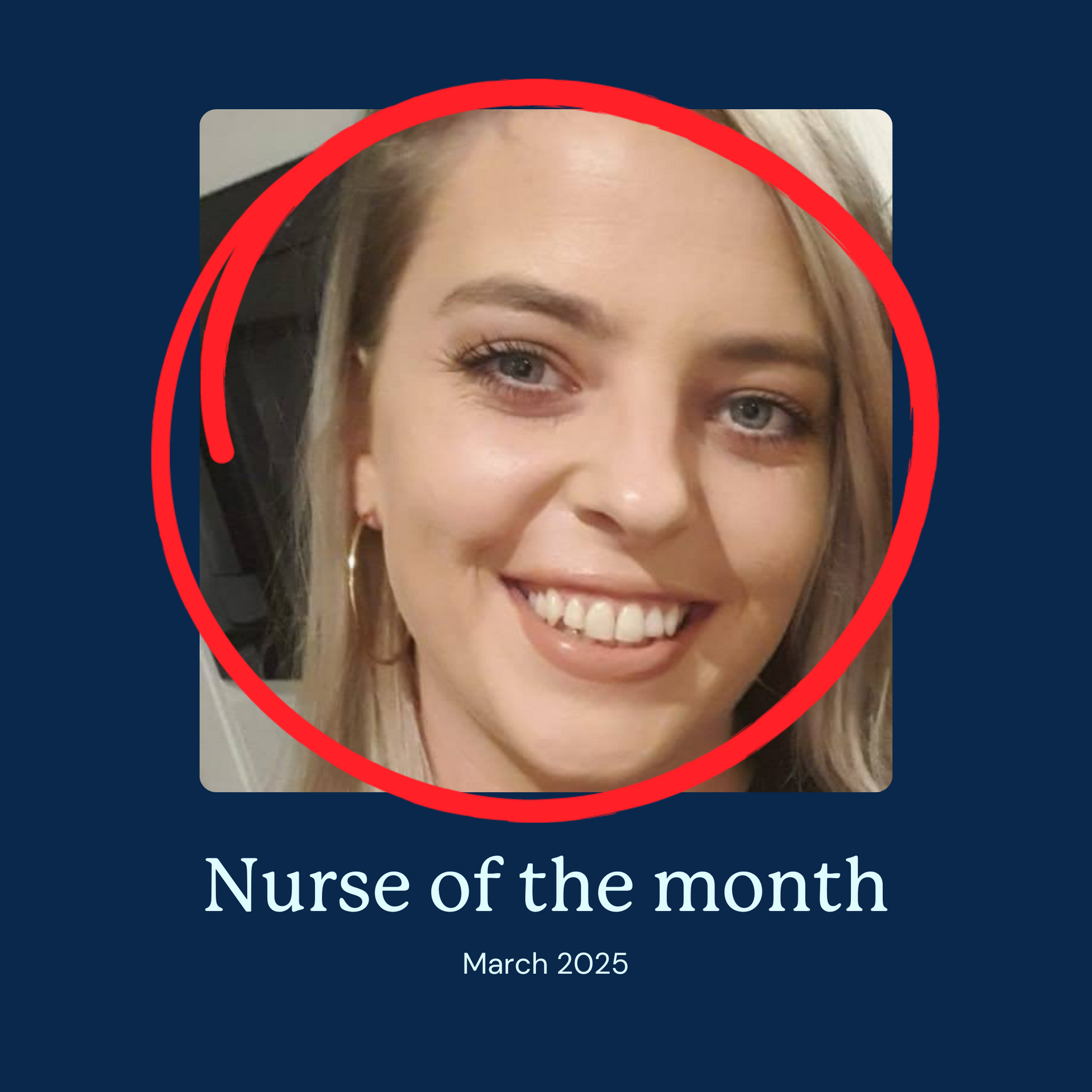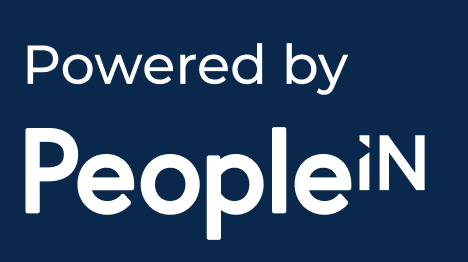How to pick the right nursing specialty based on your personality | First Choice Care

We recently discussed the importance of specialist nurses, highlighting some of the various roles on offer at First Choice Care. Now, we want to guide you on how one might come to the decision of what to specialise in. Whether you’re a new graduate or someone who has worked in the healthcare and nursing profession for a few years, we hope that this blog can provide some guidance in where to take your career to next.
The question at the heart of this piece is, how do I choose a nursing speciality? There are several nursing specialities to choose from, some being patient-focused, while others are management-related and research-focused. Each speciality comes with its own pace and environment. With so many nursing specialties available, to find the right fit for you, consider each role and the environment, as well as your own personality traits which may align with aspects of the job.
Matching your preferred environment to work in with a nursing speciality
Consider the environment you would feel most comfortable working in. How do you like to engage with people? Are you someone who enjoys working closely with patients, or would you prefer to be away from the bedside? There are a range of nursing specialities that you can use your clinical knowledge without having to engage directly with patients.
Nursing specialities away from the bedside:
- Nursing education
- Case management
- Infection prevention and control
Nursing specialities involving close patient care:
- Emergency
- Critical care (ICU)
- Coronary Care Unit (CCU)
Matching your personality traits to a nursing speciality
One of the best ways to determine if a nursing role is the right fit for you, is to understand your own traits and match them! Here we have listed just a few nursing specialties and how they can interlace with a nurse’s personality traits:
- Do you like expecting the unexpected? Enjoy a challenge and thrive on an adrenaline rush? It sounds like you would be comfortable in a trauma centre or the emergency department.
- Are you compassionate? Have a nurturing nature? Would you be willing to support women through a pregnancy and during birth? Midwifery is most likely a great fit for you.
- Maybe you enjoy influencing or teaching other nurses? Are you encouraging? Would you like being in a supportive role where you can help nurses around you? You could be a great Clinical educator.
- Wanting to engage with patients of all ages? Do you want to diagnose, treat and educate? Become a Family Nurse Practitioner.
- Are you a nurse who loves knowing absolutely everything about a patient? If a new symptom arises do you want to investigate and determine the diagnosis, identifying which meds may be causing the BP fall or rise? Critical Care would be the perfect place for you.
Choosing a Nursing Speciality: A common misconception
There is the common misconception that once you pick a nursing speciality, you must stick to it. This is false! While some nurses stay in their role for many years, others like to keep learning and change into different roles. Just because you’ve put in the work to get into your speciality, don’t feel like you have to stay in that area of nursing for the rest of your life. That is the wonderful thing about nursing, there are so many career opportunities, and you can change at any stage.
If you find that you are losing your spark, sometimes a change of scenery is all you need. At First Choice Care, we offer Remote and Rural nursing which allows you to take yourself to new and exciting places. Work in areas and hospitals you’ve never been in and meet amazing people. You’ll also receive exclusive benefits, housing allowances and enjoy the freedom of not having to be involved with the politics of a department. A great option to explore before deciding if you need to make the switch in your speciality!
So, come and find your dream nursing role with us here at First Choice Care. If you’re looking to change into any of the nursing specialities listed in this blog, be sure to check out our job board, paying close attention to the requirements of the role. There you’ll find some of the key actions needed to make a shift in your nursing career. You can also check out some of the courses on offer with our education partners here should you require to hit the books.
More articles







